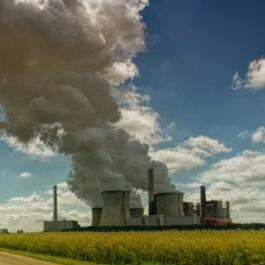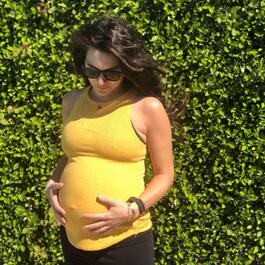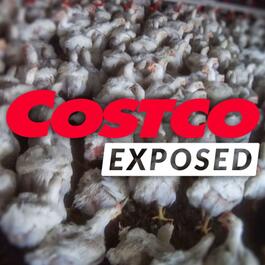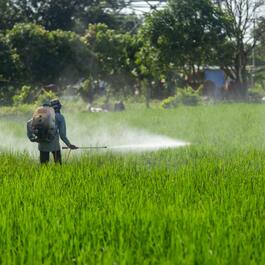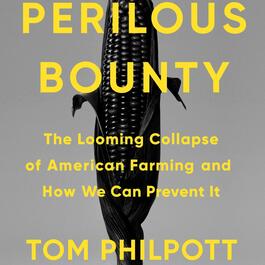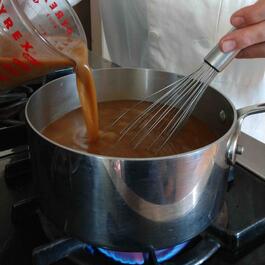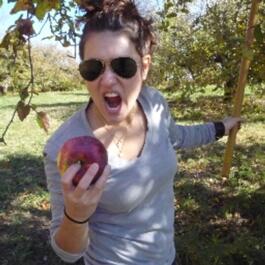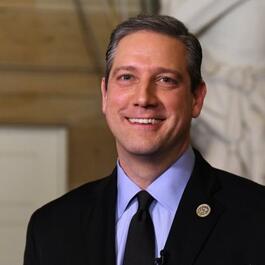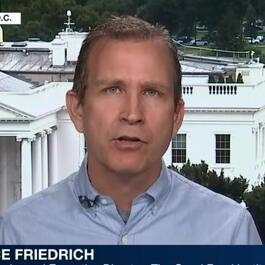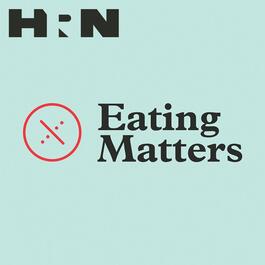
Eating Matters
Food has emerged as a critical policy area – and it raises big questions about health, labor, sustainability and our collective future. Join host Jenna Liut for conversations with food policy experts and leaders about the issues that shape our everyday experiences of buying, cooking and eating food.
Show episodes
We hear about greenhouse gas emissions and their consequences all the time, but who’s measuring those emissions? How can countries use that data to develop more sustainable methods for producing and distributing food? Francesco Tubiello, a senior statistician and climate change specialist with the United Nations Food a
How does nutrition impact your ability to conceive? What are key nutrients and vitamins and their recommended food sources for boosting both women AND men’s fertility? Are there multigenerational health effects of our dietary and lifestyle choices? Dr. Nicole Avena, research neuroscientist, nutrition expert and author
Host Jenna Liut is joined by Leah Garcés, President of Mercy for Animals (MFA), an organization working to construct a compassionate food system and end commercial animal agriculture. They discuss MFA’s undercover investigation into the horrific conditions of Costco’s chicken farm as profiled in New York Times columni
Host Jenna Liut welcomes the award-winning investigative journalist, Carey Gillam, back to show to discuss her new book, The Monsanto Papers: Deadly Secrets, Corporate Corruption, and One Man’s Search for Justice. A follow up to Gillam’s first book, Whitewash – an explosive expose on Monsanto and the health risks of it
We know that U.S. industrial agriculture has had monumental effects on our climate, but how has climate change reciprocally impacted our agricultural system? And, an even more pressing question, how close is our agricultural system to total collapse? In his new book, “Perilous Bounty: The Looming Collapse of American F
The US is a global leader of food waste, generating about 40 MILLION tons annually, which represents between 30 - 40% of the food supply. Within this waste stream are 10 million tons of perfectly usable vegetables that don’t make it to market. Recognizing the critical role this produce could play in tackling the dual c
